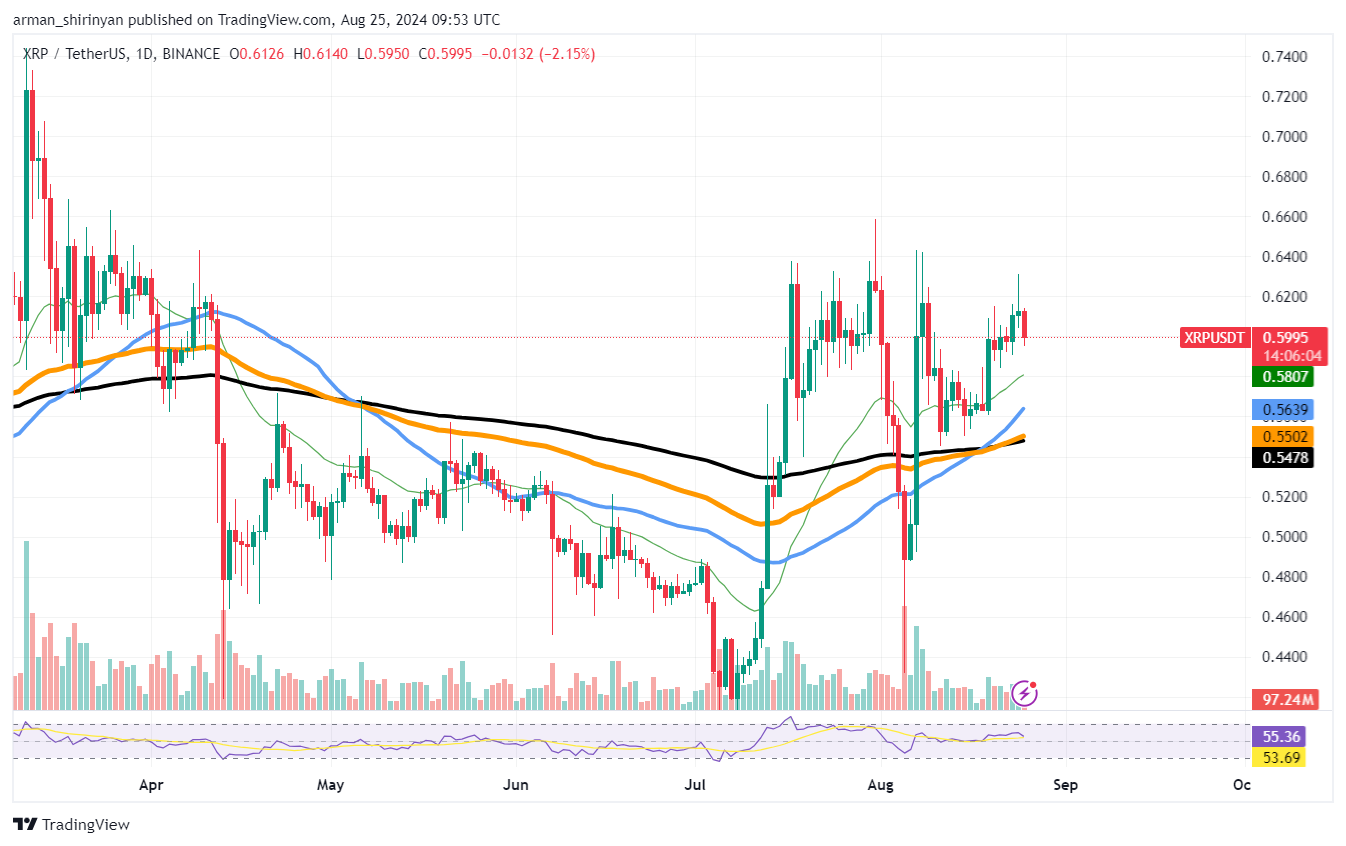The US Congress is preparing for two important hearings tomorrow that the crypto industry wouldn’t want to miss. First, the House Appropriations Subcommittee will mark up the Fiscal Year 2025 Financial Services and General Government Bill.
One of the key points of discussion will be Staff Accounting Bulletin No. 121 (SAB 121), with the Securities and Exchange Commission (SEC) budget. This hearing will affect how the SEC can proceed with its regulatory actions regarding the crypto industry.
Following shortly, the House Committee on Financial Services will hold a Republican-led Subcommittee on Digital Assets hearing. This session will discuss the Tokenization Reporting Act and how tokenizing real-world assets can create more efficient markets.
SEC Budget Cuts: A Blow to Crypto Regulation?
The House Appropriations Subcommittee hearing will address several budgetary and policy issues, including massive cuts to the SEC’s funding. The bill proposes $2 billion for the SEC’s operating expenses, a huge reduction of $589.3 million from the FY25 Budget Request and $144.3 million less than the FY24 enacted level.
The Enforcement Division will receive a $168 million cutback, limiting its budget to $644 million. The bill also introduces several policy riders to limit the SEC’s authority.
The General Services Administration (GSA) is also under scrutiny, with a proposed budget of $8.947 billion from the Federal Buildings Fund, way below the FY25 request and FY24 enacted level. The bill restricts GSA from buying real property unless for authorized projects and stops spending on the FBI Headquarters until a new plan is submitted.
The second hearing, hosted by the House Committee on Financial Services’ Republican Subcommittee on Digital Assets, will focus on the Tokenization Reporting Act. This act plans to explore how tokenizing real-world assets can streamline markets.
One key aspect under discussion will be the need for a clear regulatory framework to support tokenization. The Subcommittee will also address how tokenization can improve market efficiency by reducing transaction costs and improving settlement times.







